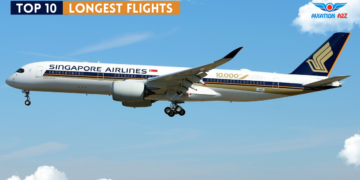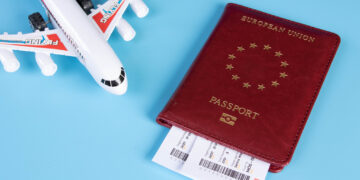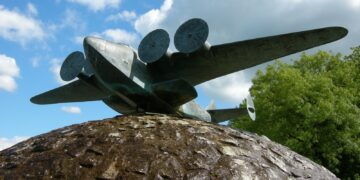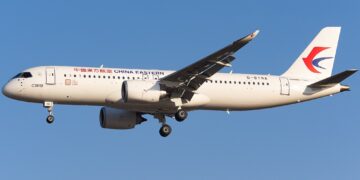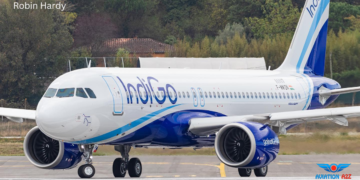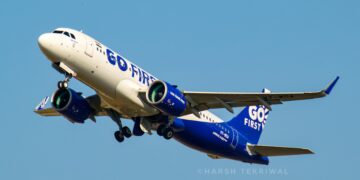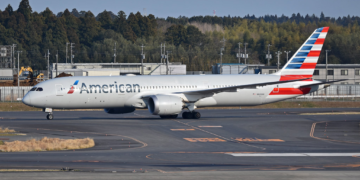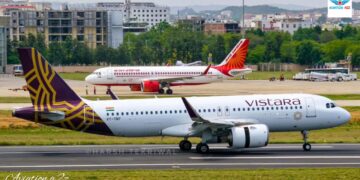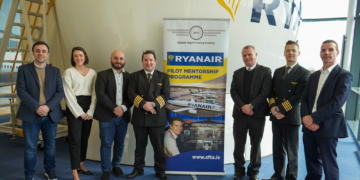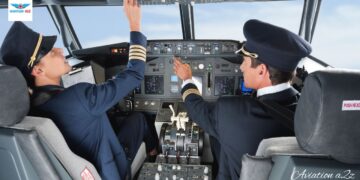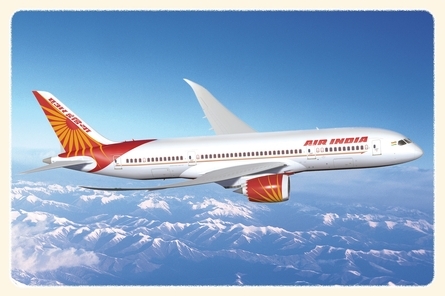Aspiring international carriers can now join the ranks of Air India thanks to its record aircraft agreement with the Tata Group. In order to compete with both domestic and foreign rivals, it decided on Tuesday to purchase nearly 500 jets from Airbus and Boeing.
According to those involved in the negotiations, it took months of confidential discussions that took place near Britain’s Buckingham Palace and culminated in a party over coastal Indian curries before the biggest deal ever reached by one airline could be finalized.
Tata-owned Air India
In a diplomatic embrace between the top G20 countries on Tuesday, confidentiality was removed as leaders praised the agreement. Six paragraphs were published by Tata Group, which took back control of Air India last year after decades of being owned by the state.
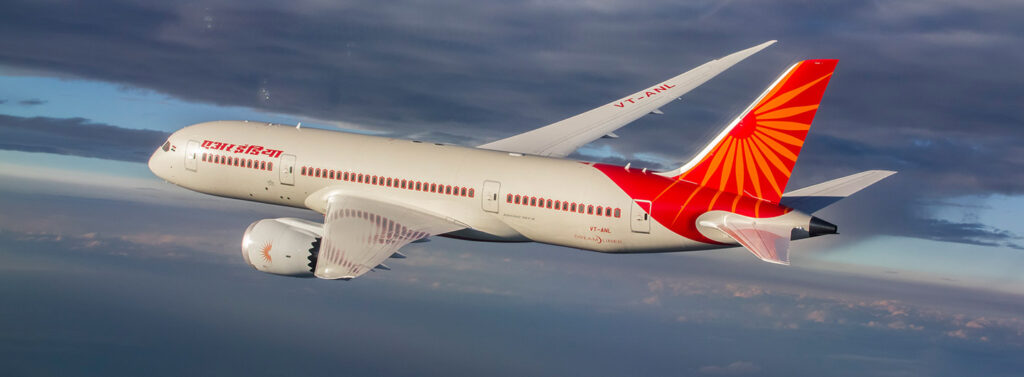
- Its understated statement, along with that of IndiGo’s modest founders, exemplifies how a new breed of private airline owners is reshaping the financially precarious Indian airline industry.
Insiders who spoke about the process on the condition of anonymity said that the transaction had been in the works for more than a year.After beginning last summer, serious discussions lasted until just before Christmas, at which point details were decided. According to Reuters, the parties were getting close to a record 500-plane accord in December as the deal’s astounding scope started to take shape.
Deal-making was centred at St James’ Court, a posh Victorian hotel in London’s West End close to Buckingham Palace.
Negotiators from the airline, plane makers, and engine titans camped out at the Tata-owned hotel and adjacent suites for days on end in the hothouse environment of a traditional aviation industry negotiating ritual known as a “bake-off.” They were vying for a larger piece of a quickly expanding market where many airline expansion plans had previously failed.
Now, Boeing had an opportunity to reclaim its position as a leader in the Indian single-aisle jet market and cut into Airbus’ sizable lead. A larger share of the competitive rival’s wide-body industry was what Airbus sought. Neither could sweep the entire order due to their overflowing order files.
Christian Scherer, chief commercial officer of Airbus said
India was vying with highly effective Gulf carriers for the business of tourists and its own diaspora, and this was at risk. The discussions were business-related and difficult, but politics provided the backdrop.
“If things are done right, it has all the ingredients to be really solid,” said Christian Scherer, chief commercial officer of Airbus, to Reuters on Tuesday. “The convergence of the political will of the country to regain sovereignty of international connectivity, combined with the ambition of the mighty Tata.
On a chilly day in December, Airbus found itself in negotiations with Air India on one side of the capital while battling Qatar in court over the fate of identical A350 jets only two miles away. The competition for attention was playing out across London at the time.
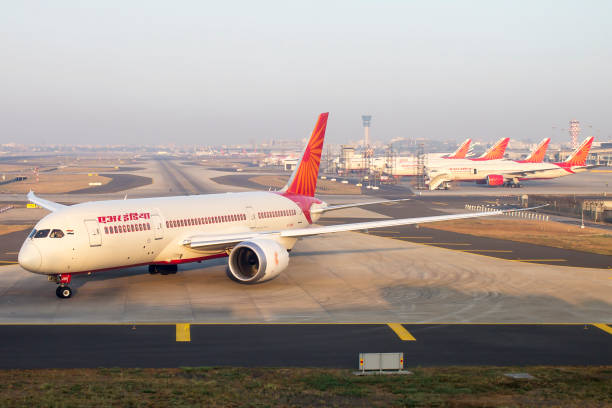
Airbus and Qatar Airways
Later, Airbus and Qatar resolved their legal and safety dispute, but Air India moved ahead of Qatar in the line for smaller planes, despite the fact that sources claim the Gulf carrier also received significant damages.
Nipun Aggarwal, the chief commercial and transformation officer of Air India, and Yogesh Agarwal, the head of aircraft acquisitions, headed the negotiations, which frequently dragged on into the night as vendors continually pumped out new “best offers” fueled by room service.
Also, read
- Due to hydraulic issues, a Lufthansa B747-8 makes an emergency landing | Exclusive
- IndiGo to Fly New Boeing 777 on Delhi-Istanbul Route | Exclusive
- Karnataka Government: Break buildings taller than 45m near Jakkur airport
Despite having no previous aviation experience, Air India negotiated aggressively and the team is very intelligent. According to one individual, they are on par with some of the best dealmakers in the industry. Another individual who witnessed the hundreds of millions of dollars being exchanged described the Air India negotiators as “methodical, tough, and very sophisticated.”
- The talks in London came to a close with a meal at the hotel’s Indian Quilon, which has a Michelin star and is well-known for its seafood and coastal cuisine from places like Goa and Kerala.
Engines are frequently crucial and can speed up or slow down the broader deal, even though the competition between planemakers is always the main focus of any jet deal. The timing of statements for the anniversary of Tata’s acquisition of Air India was pushed back as engine talks continued.
CFM’s joint partnership with Safran
Insiders claim that General Electric is the largest overall winner because it receives the majority of the lucrative engine contracts and because its CFM joint-venture with Safran outperforms Pratt & Whitney on Airbus A320neos, which is owned by Raytheon. The selling of 40 Airbus A350 aircraft helped Rolls-Royce as well. GE’s victory had been in the works for about ten years, underscoring the difficult path to strategic agreements in aviation.
It was successful in a proposal for 27 engines for Air India A320s in 2014. Soon after, it persuaded Vistara to use its engines on seven aircraft, which led to an order for an additional 70 aircraft. IndiGo, which replaced Pratt & Whitney following what Pratt claims were technological difficulties, marked a turning point in the situation.
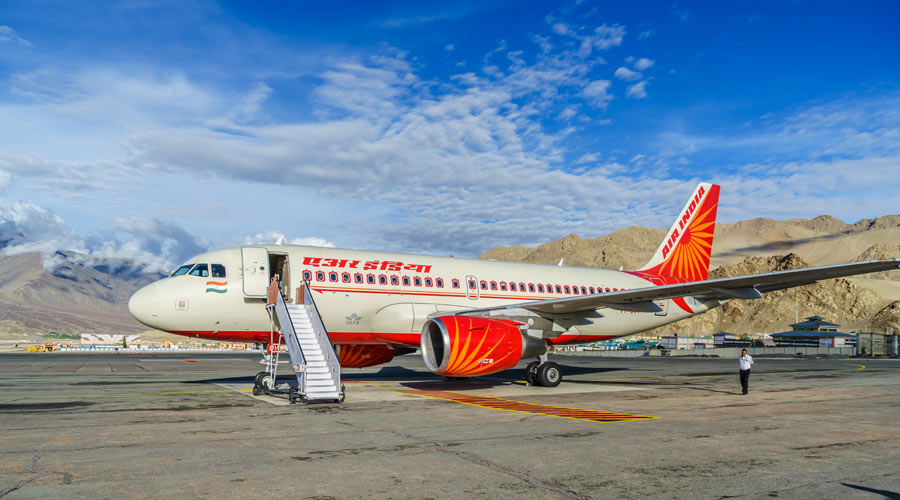
The goals of Air India still face many challenges, according to analysts. To make a significant dent in the fiercely defended hubs of Doha and Dubai, it requires better service and efficiency.
Dealmakers will still be drawn to India, though, by its promise. According to CAPA India, IndiGo is considering placing its own order for 500 aircraft.
Thank you
Stay updated with Aviationa2z.com
According Source:



